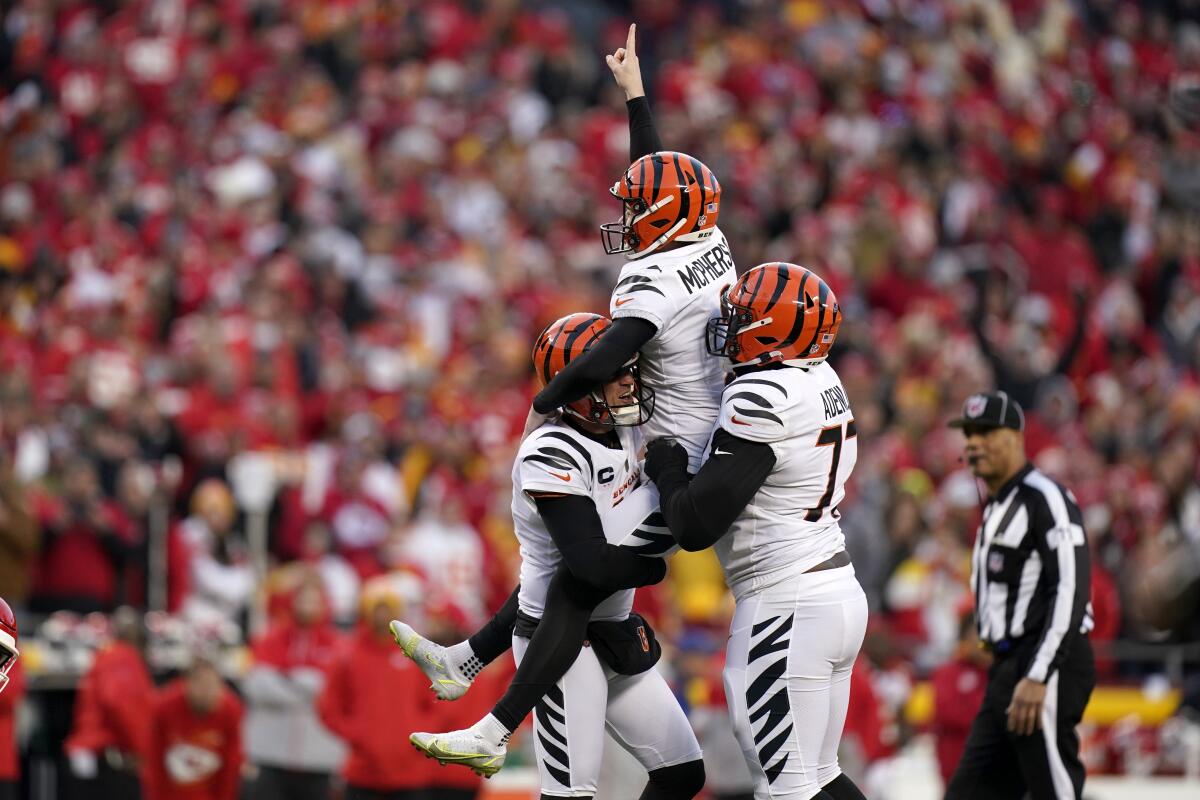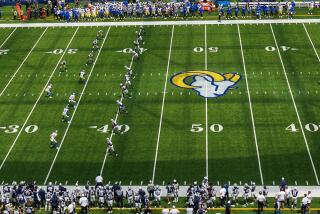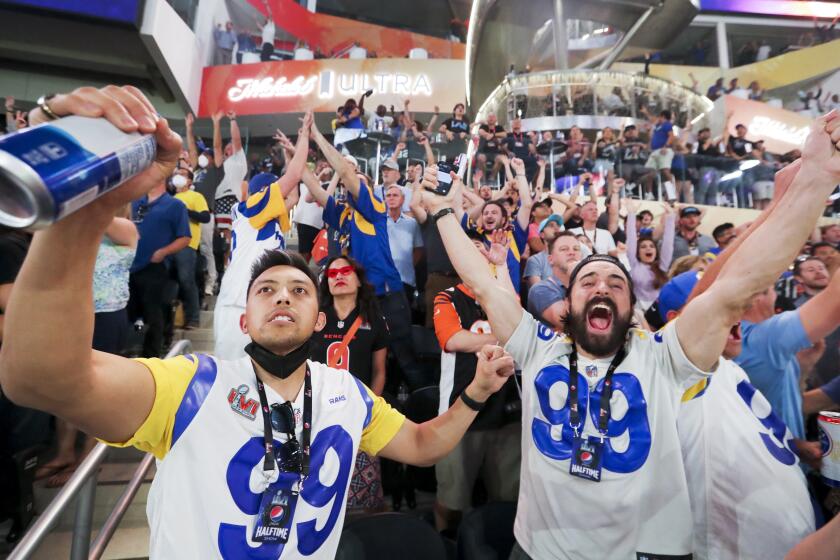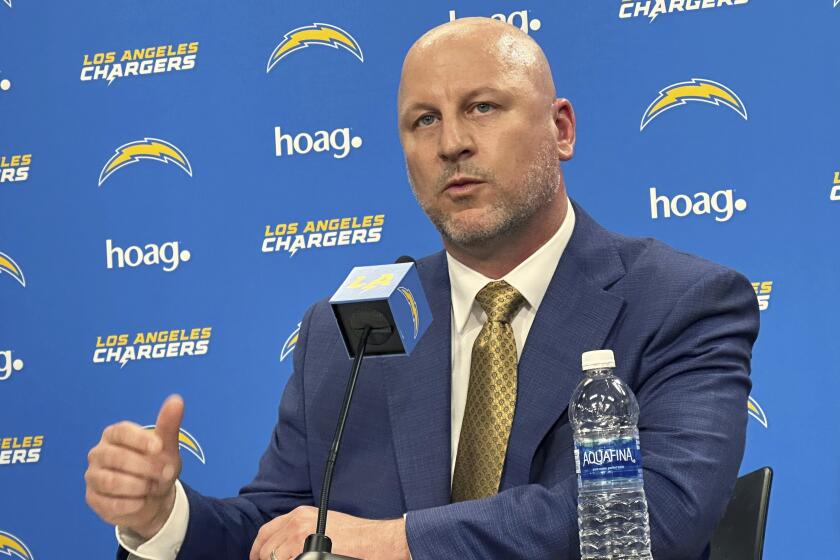How do NFL overtime rules work in the Super Bowl?

Only one Super Bowl has gone to overtime, but there have been plenty of close calls in the 55-year history of the game.
The New England Patriots’ memorable comeback victory over the Atlanta Falcons at Super Bowl LI in 2017 marked the only time a Super Bowl has gone to overtime. Still, 19 games in Super Bowl history have been decided by a touchdown or less, so don’t be surprised if it takes more than 60 minutes to decide the Los Angeles Rams and Cincinnati Bengals at Super Bowl LVI at SoFi Stadium on Sunday.
The Bengals punched their ticket to the Super Bowl by defeating the Kansas City Chiefs in overtime in the AFC championship game. TheNFL’s current postseason overtime rules, which were implemented in 2010, received plenty of criticism after the Chiefs’AFC divisional playoff win over the Buffalo Bills on Jan. 23. The Chiefs won the coin toss and won the game, marking the 10th time in 12 playoff games under the new rules the coin-toss winner has gone on to be victorious. Kansas City, however, lost in the AFC championship game despite winning the coin toss.
Rams punter Johnny Hekker is grateful to be playing in the Super Bowl against the Bengals after nearly losing job before the start of the regular season.
Here are the NFL’s playoff overtime rules:
- A coin flip determines which team receives the opening kickoff of overtime.
- Teams play 15-minute periods until there’s a winner (regular-season overtime is one 10-minute period and ties are allowed).
- A touchdown or safety on the first possession wins the game.
- If the score is tied after each team’s first possession, either because neither scored or each kicked a field goal, the next score (touchdown, field goal or safety) will win the game.
- There are no coach challenges, with all reviews being initiated by the replay official.
- There’s a two-minute intermission between each overtime period.
- Each team gets three timeouts spread over two overtime periods (two overtimes count as a “half”).
More to Read
Go beyond the scoreboard
Get the latest on L.A.'s teams in the daily Sports Report newsletter.
You may occasionally receive promotional content from the Los Angeles Times.












